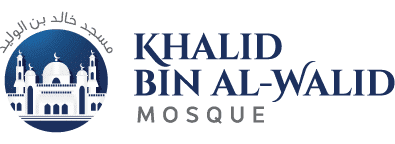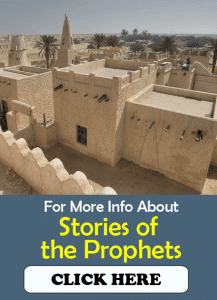Scientific Accuracy of the Quran Amazes University of Toronto Professor
This message is based on an article entitled “Highlights of Human embryology in the Koran and Hadith” by Dr. Keith Moore, Professor of Anatomy and Chairman of the Department, Faculty of Medicine, at the University of Toronto, 1982.
Dr. Moore points out that the study of how the human embryo develops in the mother’s womb could not progress significantly without the use of microscopes. Microscopes were not invented until the 17th century C.E., and were not used in this field of study until the l8~ century. Therefore, when Dr. Moore studied certain statements in the Qur’an on this subject, he remarked, “I was amazed at the scientific accuracy of these statements which were made in the 7th century C.E.”
The Qur’an in (39:6) states that God made us in the wombs of our mothers in stages. Dr. Moore comments: “The realization that the embryo develops in stages in the uterus was not proposed until the 1940’s, and the stages used nowadays were not adopted worldwide until the 15th century C.E.”
Furthermore, he says: “The idea that development results from a genetic plan contained in the chromosomes, of the zygote was not discovered until the end of the 19th century C.E. The verse from the Qur’an (80:18) clearly implies that the nutfa (i.e. the initial drop of fluid) contains the plan or blueprint for the future characteristics and features of the developing human being”.
The Qur’an (23:12-16) indicates that there is a lag or a gap between two of the early stages of growth. How does that compare with modem scientific knowledge? Remarkably! Says Dr. Moore: “It is well established that there is a lag or a delay in the development of the embryo during the implantation… The agreement between the lag or gap in development mentioned in the Qu’an and the slow rate of change occurring during the second or third weeks is amazing. These details of human development were not described until about 40 years ago”.
Finally, Dr. Moore concludes by saying that the agreement he has found in the Qur’anic statements “may help to close the gap between science and religion which has existed for so many years”.
The above evidence shows that the Qur’an must be from God as it claims. The Qur’an says that:“ you and every human being should consider this book with care. Had it been from anyone other than God, you would have found much discrepancy in it (4:82).




